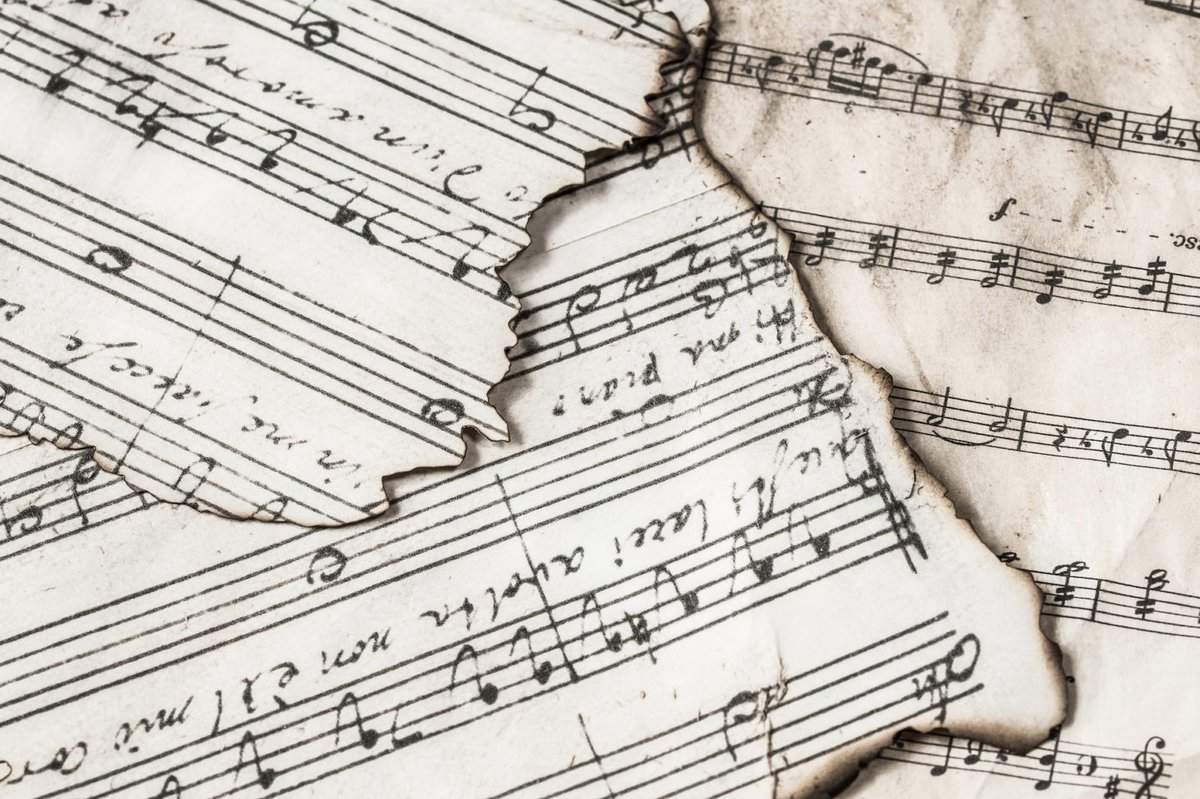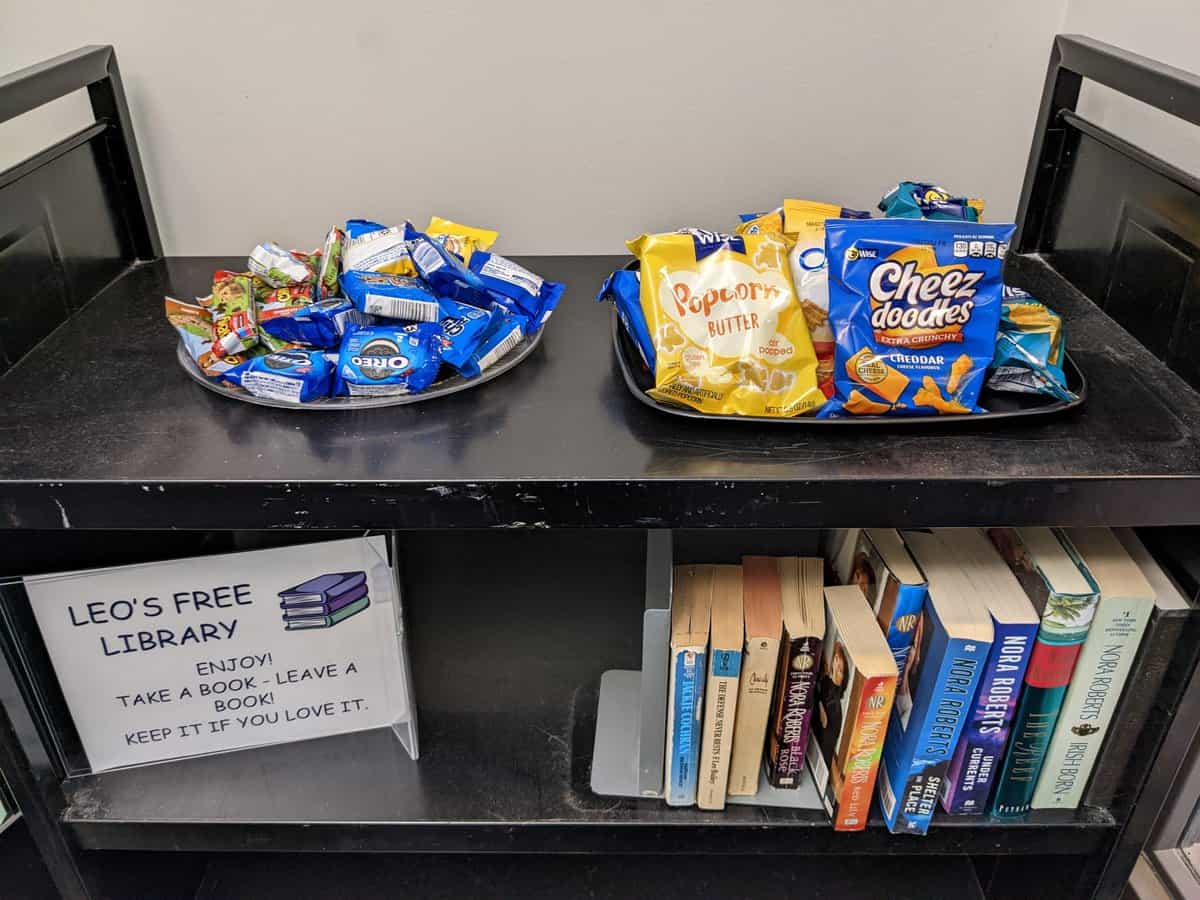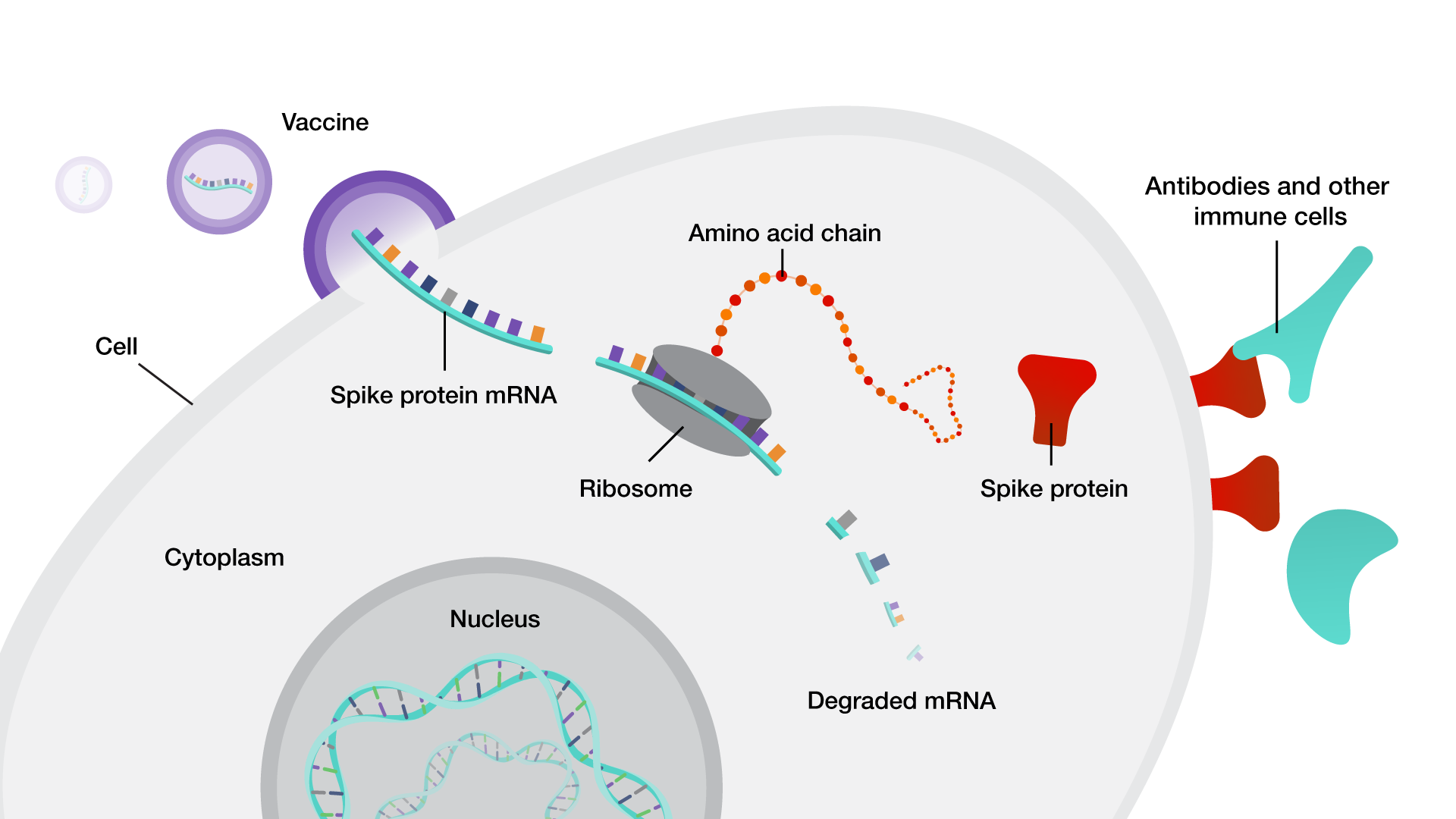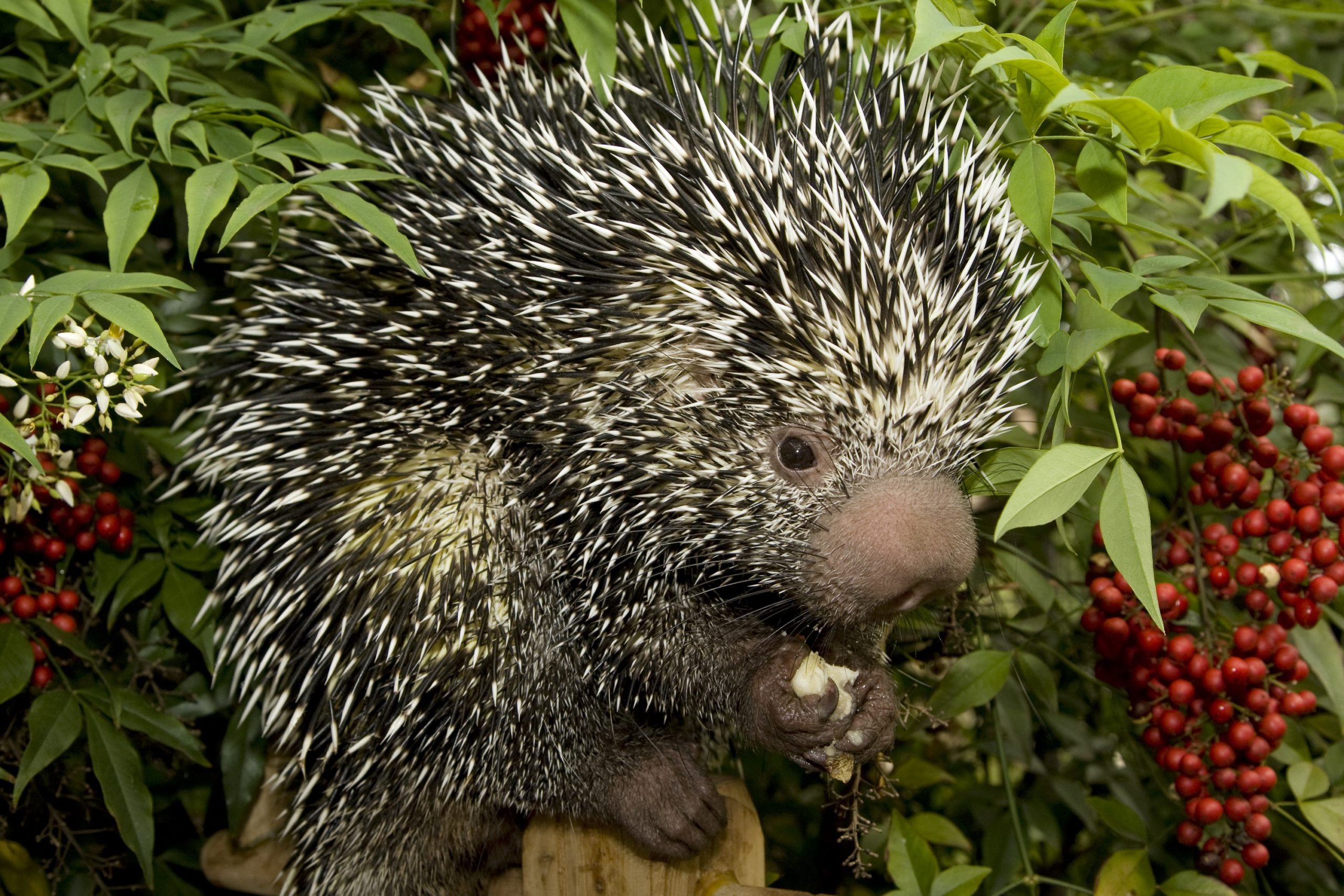Due to construction in the courtyard, the Sciences Library will be closed May 19–Aug. 3.* During this time, library staff will be available online and in their offices in the Van Allen, MacLean, and Chemistry buildings. They will have access to the Sciences Library to collect materials for patrons, but there may be delays inContinue reading “Sciences Library summer closure | May 19–Aug. 3 “
Category Archives: Chemistry
Science Expo: Exciting Experiments and Demos
Experience science with demonstrations from Hawk-Eyes on Science, University of Iowa Chemists, the Iowa City Science Booster Club, and more. Attendees are welcome to drop in at any time between 3:30 and 5 p.m. This event is free and open to all. When: Friday, Sept. 13, 2024, from 3:30 to 5 p.m. Where: Third floor of theContinue reading “Science Expo: Exciting Experiments and Demos”
Science Serenade (and Snacks)
Join us outside (weather permitting) in front of the Sciences Library along Iowa Ave on Tuesday, December 12 from 11:00 am to 1:00 pm of Final Exams Week for scientific-themed songs, treats, and beverages. All are welcome! Listen or join in on science songs such as Deck the Labs, The Twelve Days of Biology, andContinue reading “Science Serenade (and Snacks)”
Fall Workshops at the Sciences Library
Search like a Hawk: Discover Science Literature Wednesday, September 6, 11:30 AM – 12:20 PM Sciences Library room 102 There are millions of books and thousands of journal articles available through our science databases. How can you find what you’re looking for and stay-up-to-date in your subject? Learn how to search like an expert inContinue reading “Fall Workshops at the Sciences Library”
Free snacks and coffee for finals week at the Sciences Library!
Good luck on your final exams, Hawkeyes! We have free snacks, hot coffee, and tea here for you at the Sciences Library! If you are looking for a good, quiet comfortable place to study, we have three floors with places for you to study that include study booths, study carrels, computer stations, tables and largeContinue reading “Free snacks and coffee for finals week at the Sciences Library!”
SciFinder Classic is Retiring
If you are currently using the classic version of SciFinder, it is time to start using SciFinder-n. Chemical Abstracts Service (CAS) will discontinue the “classic” SciFinder interface on Dec. 31, 2022. SciFinder-n, will be the only SciFinder platform moving forward. If you are already using SciFinder-n, you do not need to do anything. Your SciFinderContinue reading “SciFinder Classic is Retiring”
Soonish: Ten Emerging Technologies That’ll Improve and/or Ruin Everything (HawkSci Lit Book Club)
Would you like to discuss a book written by one of our Iowa City Darwin Day speakers? Join the HawkSci Lit Book Club at the Sciences Library to discuss the delightful and witty book: Soonish: Ten Emerging Technologies That’ll Improve and/or Ruin Everything. This book was co-authored by Dr. Kelly Weinersmith, featured speaker atContinue reading “Soonish: Ten Emerging Technologies That’ll Improve and/or Ruin Everything (HawkSci Lit Book Club)”
Welcome back, Hawkeyes!
Welcome back, Hawkeyes! We hope that you had a nice break, and we’re glad that you are back! Keep our Hawkeye community safe by getting your free COVID-19 vaccinations and booster if you have not done so yet. Books, Articles, Laptops, and MoreContinue reading “Welcome back, Hawkeyes!”
Finals Week Stress Relief at the Sciences Library: Fall 2021
As we wrap up the Fall 2021 semester, a good place to study for final exams is the Sciences Library! Whether you need a quiet place to study, group space, or study break ideas, the Sciences Library has you covered! We have a variety of study spots to choose from including bean bag chairs, largeContinue reading “Finals Week Stress Relief at the Sciences Library: Fall 2021”
Transformative Agreement with ACS for Open Access Publishing
UI corresponding authors can now publish their journal articles Open Access and free of cost to them in any American Chemical Society (ACS) journal. The University of Iowa Libraries has entered into an agreement with ACS to bundle the cost of journal subscriptions and Open Access (OA) publishing. Under this three-year contract, UI authors can publish a significant number of articles OA with ACS. These articles can then beContinue reading “Transformative Agreement with ACS for Open Access Publishing”







